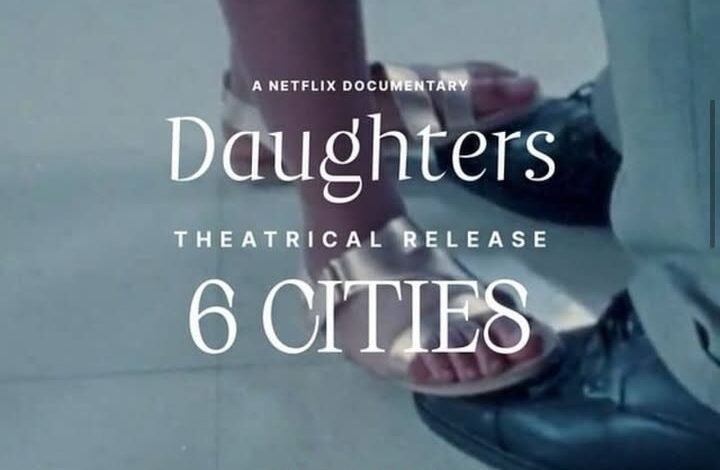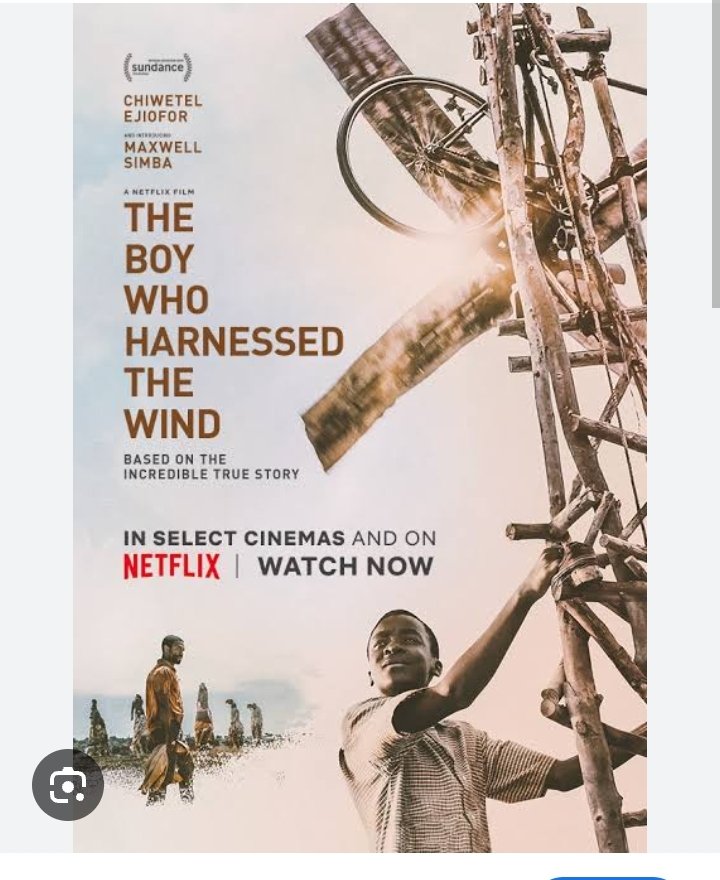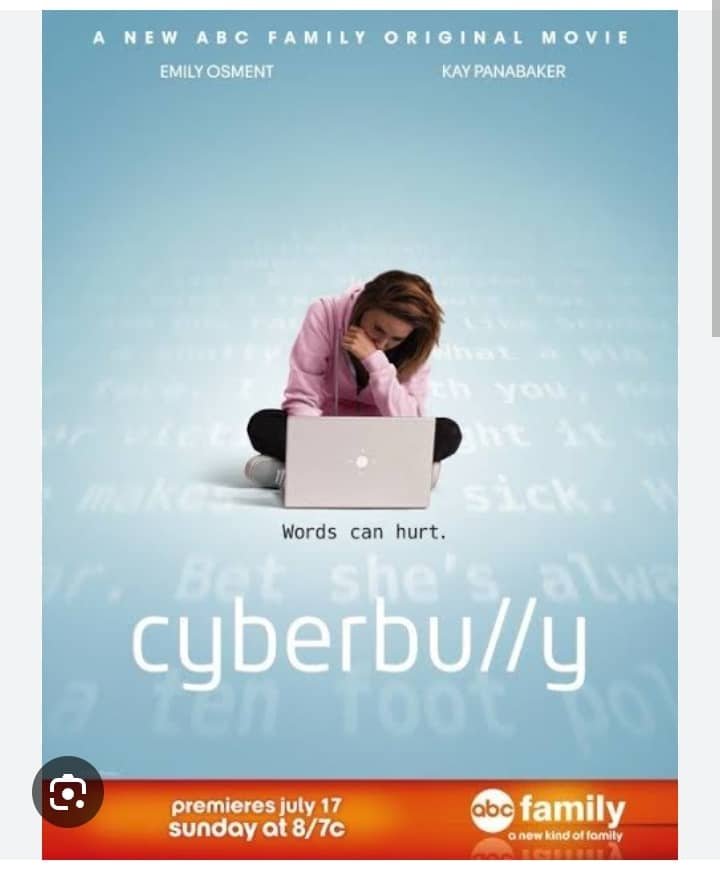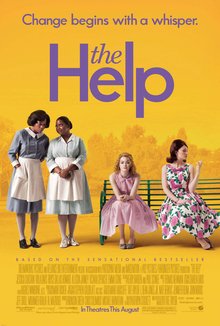Movie of the Week | Advocacy Review
🎥 Daughters on Netflix: A Masterpiece with a Moral Dilemma

Introduction
Netflix’s Daughters is a triumph of storytelling, visceral, honest, and healing. It explores the bond between incarcerated fathers and their daughters, culminating in a rare father-daughter dance. It is moving. It is necessary. And it must also be reconsidered.
This review is not a critique of its message. It is an appeal to strengthen its method. We can celebrate Daughters while also asking:
“Can we tell powerful stories and still protect the most vulnerable?”
The Emotional Weight and the Ethical Question
As someone who has spent more than two decades working in family strengthening and child protection across six continents and 196 countries, I affirm that Daughters is a deeply important story.
But it is also a story that, unintentionally, places the featured children in harm’s way, by showing their faces and names, publicly and permanently.
Quote from UNICEF:
“Avoid categorically any visual or verbal identification of children who are victims of abuse or exploitation, are in conflict with the law, or are in vulnerable conditions that could subject them to stigmatization or retribution.” — UNICEF Ethical Guidelines, Sections 4.3–4.5
These girls are in vulnerable conditions. Their fathers are incarcerated. And the documentary, though likely legally compliant, exposes them to future harm.
Incarceration Has a Stigma. Children Bear It.
- 2.7 million children in the U.S. have a parent in jail or prison
- Over 5.2 million have experienced parental incarceration
- These children are 6 times more likely to enter the criminal justice system themselves (Source: The Sentencing Project; Annie E. Casey Foundation)
The consequences of incarceration do not end at release. They ripple through children’s lives, impacting mental health, academic success, relationships, and even employment opportunities.
To reveal a child’s face in this context is to mark them for a stigma they did not create and may carry forever.
Legal Isn’t Always Ethical
Parental consent is important. But consent does not replace conscience.
“In all actions concerning children, the best interest of the child shall be a primary consideration.” — UN Convention on the Rights of the Child (Article 3)
Documentary Filmmakers Are Rethinking Exposure
A study by the Center for Media & Social Impact titled Honest Truths found that:
“Many filmmakers experience ethical dilemmas, particularly around consent and potential harm. They often prioritize storytelling but express regret when harm to subjects becomes apparent later.”
Similarly, the producers of Quiet on Set: The Dark Side of Kids TV have spoken about the need to prioritize child protection in future projects.
Three Times a Child’s Identity Must Be Protected
From my years of work and global advocacy, three red flags always call for anonymity:
- Children who are abused, traumatized, or exploited
- Children in conflict with the law (as the affected children, witness, or accused)
- Children from vulnerable family systems, such as those with incarcerated parents
In such cases, responsible filmmaking should ensure:
- No full face shown
- No real name used
- No identifying parent information shared
- Use of blurring, pseudonyms, and secure storytelling techniques
A Call to Netflix and to All of Us
I’ve written formally to Netflix, respectfully requesting that they:
 Temporarily withdraw Daughters
Temporarily withdraw Daughters
 Re-edit the documentary to protect the identities of the children
Re-edit the documentary to protect the identities of the children
 Release a public commitment to adopt ethical standards aligned with UNICEF and the CRC in future productions
Release a public commitment to adopt ethical standards aligned with UNICEF and the CRC in future productions
This is not about censorship. It is about care.
“The best stories don’t just move us, they model how to move ethically.”
Final Word
At S.A.F.E for Children® Info Bank, we believe that media can inform, inspire, and ignite reform. But when children are involved, truth must always serve protection.
So yes, Daughters is our Movie of the Week.
And yes, those daughters still deserve their right to privacy.
 Join the conversation. Share your thoughts below or on social media using the hastags.
Join the conversation. Share your thoughts below or on social media using the hastags.





